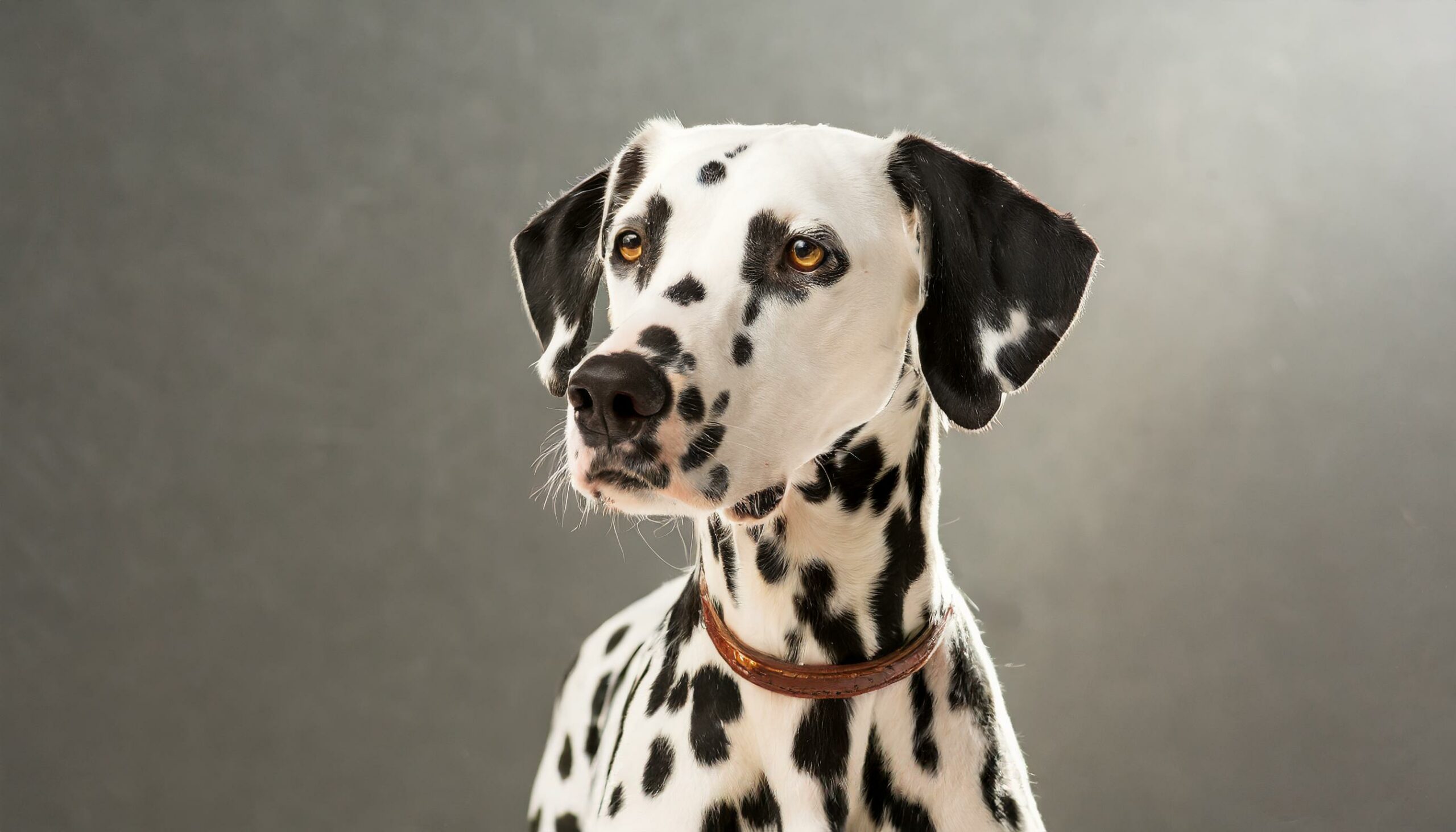The Dalmatian, with its distinctive spotted coat and noble demeanor, is a breed that commands attention wherever it goes. Known for its historical role as a carriage dog, its impressive stamina, and its affectionate nature, the Dalmatian is a versatile and endearing breed. This iconic dog has a long and fascinating history, complemented by its unique appearance and spirited personality, making it a beloved choice for families and individuals alike.
Origins and History
The Dalmatian’s origins are somewhat mysterious, with depictions of similar spotted dogs dating back thousands of years in various parts of the world, including Africa, Asia, and Europe. However, the breed was refined and came to prominence in Dalmatia, a region in modern-day Croatia, which is credited with giving the breed its name. Historically, Dalmatians were used for a range of purposes, including as guard dogs, war dogs, and hunters. They are most famously known for running alongside carriages, where they served both as an ornamental addition and as protection against highwaymen.
Physical Characteristics
Dalmatians are medium-sized, muscular dogs known for their grace, speed, and endurance. They have a short, dense coat covered in distinctive black or liver spots against a white background, which develops about three weeks after birth. These spots are randomly distributed and vary in size. The breed’s build allows for great stamina and a smooth, effortless gait, making them capable of long periods of running, which is a nod to their historical role as carriage dogs.
Temperament and Personality
Dalmatians are known for their loyal, playful, and sometimes sensitive nature. They are highly intelligent and thrive on companionship and inclusion in family activities. This breed is well-suited to active families, as Dalmatians possess a high energy level and require regular, vigorous exercise to stay happy and healthy. They can be great with children and other pets if socialized properly, though their size and enthusiasm may be overwhelming for very small children. Dalmatians are also known for their strong protective instincts and can be excellent watchdogs.
Health and Care
Dalmatians are generally healthy, but like all breeds, they’re prone to certain health conditions. Deafness is relatively common in the breed, as is urolithiasis, a condition affecting the urinary tract. Prospective owners should ensure that breeding animals have had health screenings for genetic conditions. Their short coats are easy to care for, requiring only regular brushing to control shedding. However, their nails should be trimmed regularly, and their exercise needs are significant due to their high energy levels.
Ideal Home Environment
The ideal home for a Dalmatian is one that can provide plenty of space and opportunities for exercise and mental stimulation. They do best with active individuals or families who enjoy outdoor activities and are looking for a dog that can keep up on long walks, runs, or hikes. Dalmatians can adapt to various living situations, from apartments to homes with large yards, as long as their physical and social needs are met. Early socialization and obedience training are recommended to harness their intelligence and energy positively.
Conclusion
The Dalmatian is a breed that combines beauty with agility, intelligence, and a loving nature. Their distinctive spots, friendly disposition, and history as loyal companions and protectors make them a fascinating and rewarding choice for the right owner. With proper care, training, and plenty of exercises, a Dalmatian can be a wonderful addition to a loving home, offering companionship and joy for many years.
